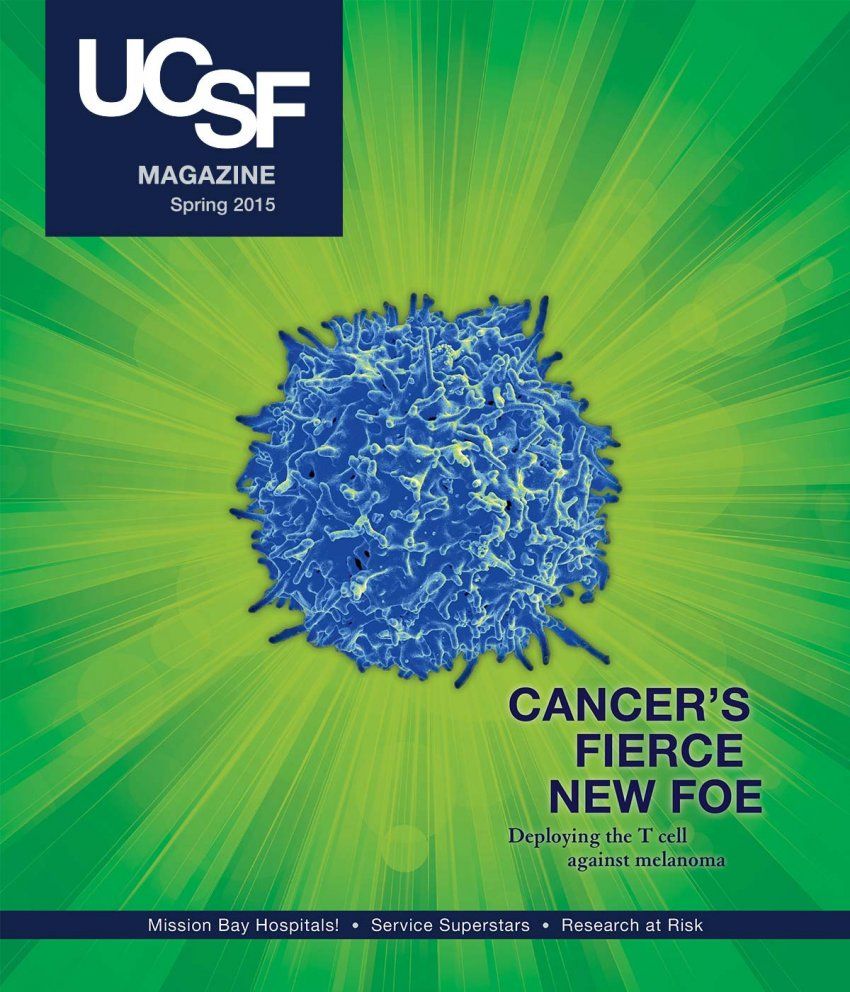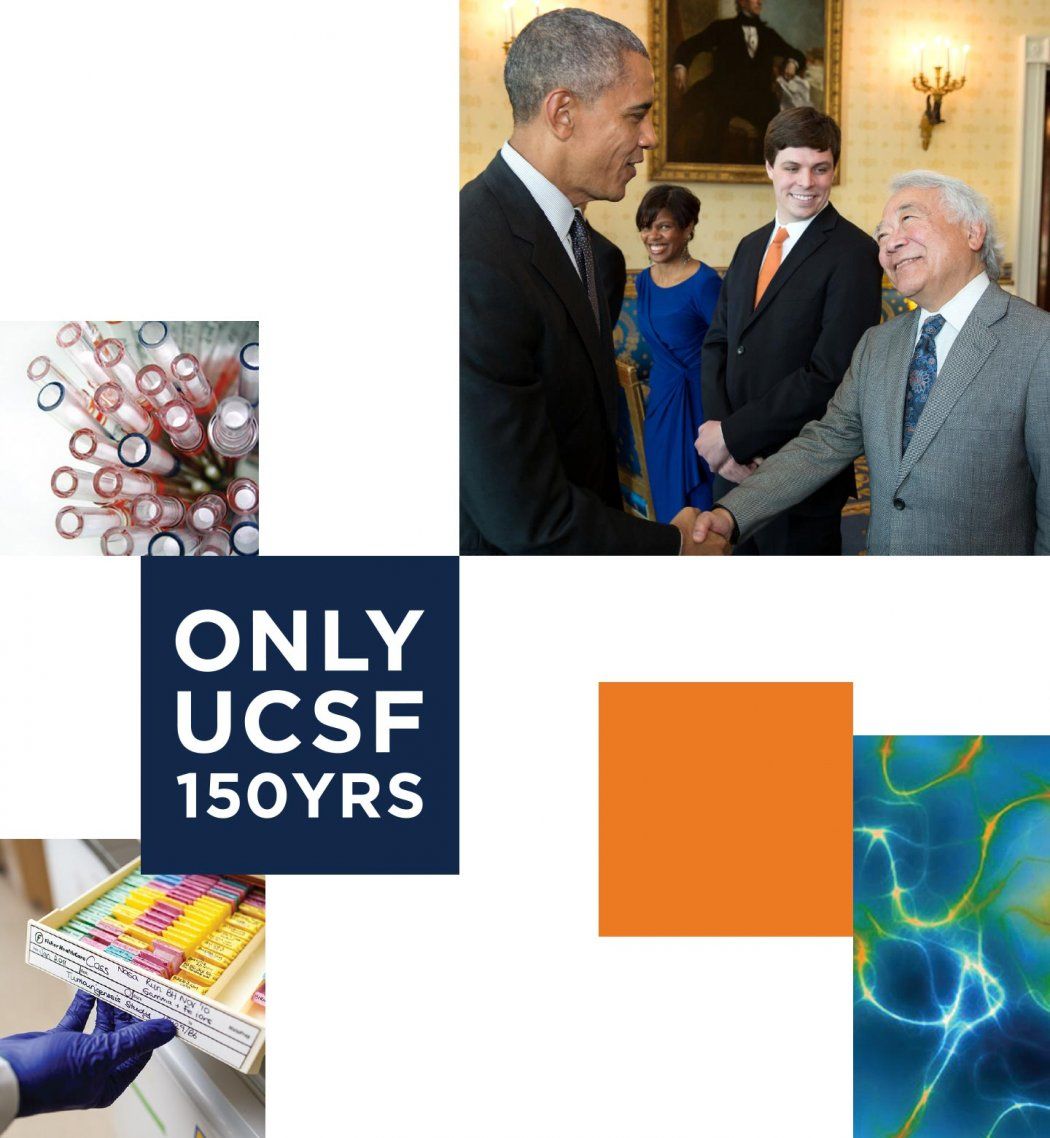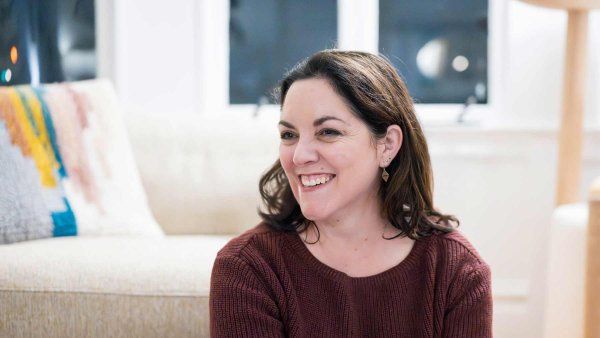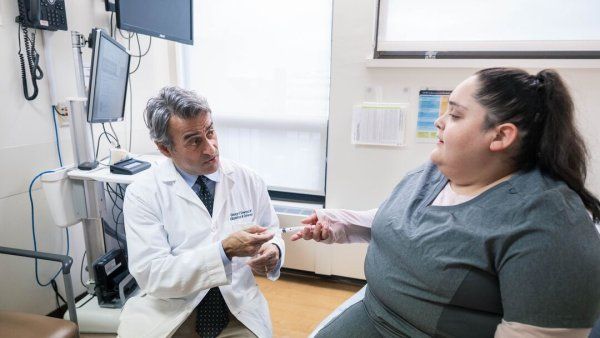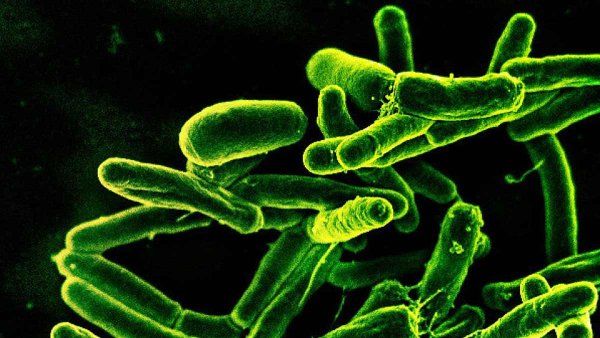
With sweeping reach, these luminaries are combating tobacco use, exciting kids about science, making medicine safer, advocating for the underserved, keeping our troops healthy, and much more. UC San Francisco faculty and alumni called to public service stand as an especially impressive manifestation of UCSF’s public mission. In honor of the university’s 150th anniversary, we highlight but a few whose national and international leadership roles have helped set the world on a course to better health.
Key
CDC
U.S. Centers for Disease Control and Prevention
FDA
U.S. Food and Drug Administration
HEW
U.S. Department of Health, Education, and Welfare
HHMI
Howard Hughes Medical Institute
HHS
U.S. Department of Health and Human Services
IOM
Institute of Medicine
NAS
National Academy of Sciences
NIH
National Institutes of Health
RWJF
Robert Wood Johnson Foundation
SSA
Social Security Administration
UN
United Nations
USPHS
U.S. Public Health Service
Italicized Name
Deceased
Nancy Adler, PhD, professor
Member, IOM Council, 1994-Present
Serves on executive committee and co-chairs a committee asked to develop standards for inclusion of social and behavioral data in electronic health records.
Bruce Alberts, PhD, Chancellor’s Leadership Chair in Biochemistry and Biophysics for Science and Education
U.S. Science Envoy, 2009-2011; President, NAS, 1993-2005
At NAS, shaped landmark National Science Education Standards, emphasizing hands-on problem-solving, and championed their implementation in schools nationwide.
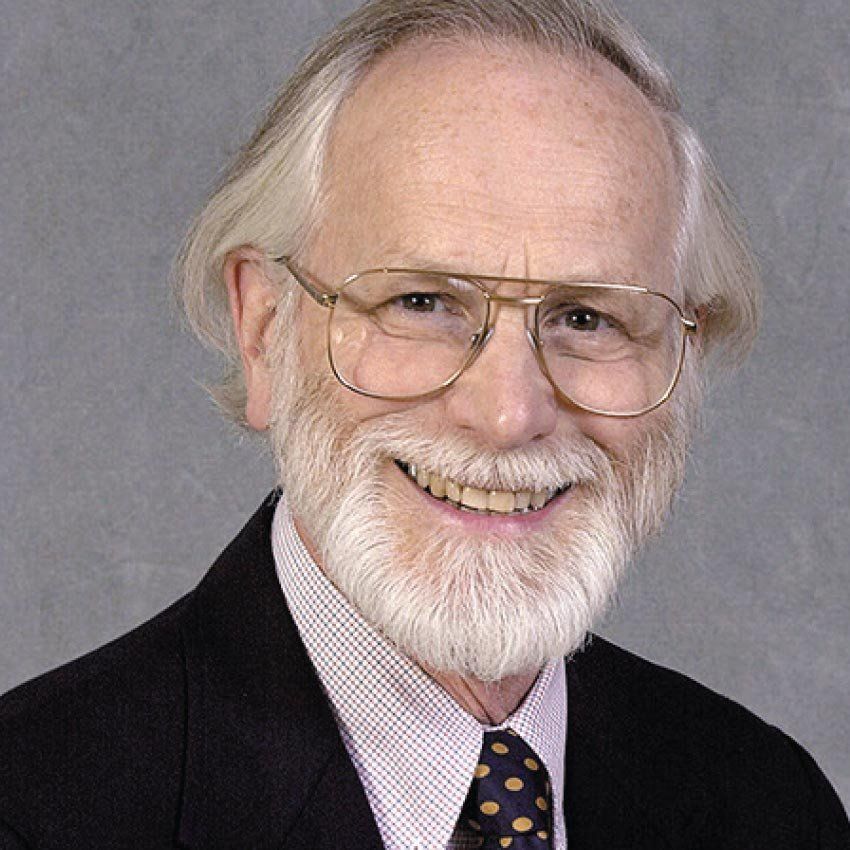
J. Michael Bishop, MD, professor and chancellor emeritus
Member, Medical Advisory Board, HHMI, 2009-Present; Member, National Cancer Advisory Board, 1994-2000 (Chair, 1997-2000); Nobel Laureate, 1989
Advises HHMI leadership on strategies for promoting biomedical research and science education, proposals for new research programs, and other scientific matters.
Lewis Butler, JD, co-founder, Institute for Health Policy Studies
Assistant Secretary for Planning and Evaluation, HEW, 1969-1971; Country Director for Malaysia, Peace Corps, 1963-1964
Established Peace Corps program in Malaysia; later helped promote concept of HMOs within HEW.
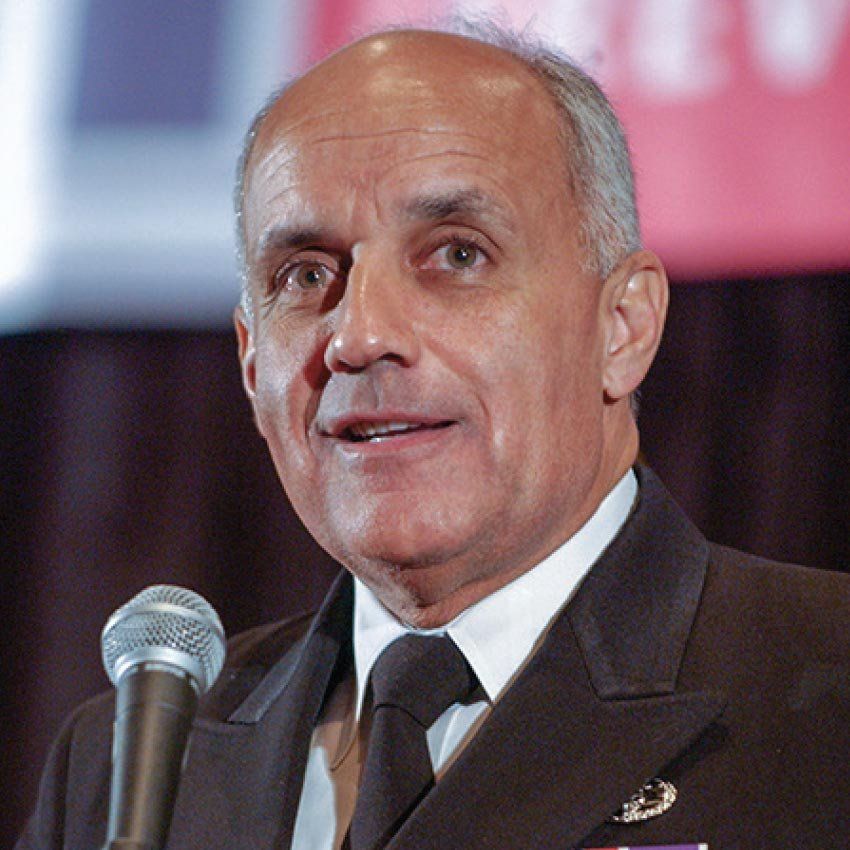
Richard Carmona, MD ’79, MPH, resident alumnus
U.S. Surgeon General, 2002-2006
Released a landmark 2006 report on the dangers of secondhand smoke that led to indoor smoking bans.
Vicki Chandler, PhD ’83
Chief Program Officer for Science, Gordon and Betty Moore Foundation, 2009-Present
Oversees support for innovative technologies, including an Earthquake Early Warning system and Hawaii’s Thirty Meter Telescope, and for groundbreaking research.
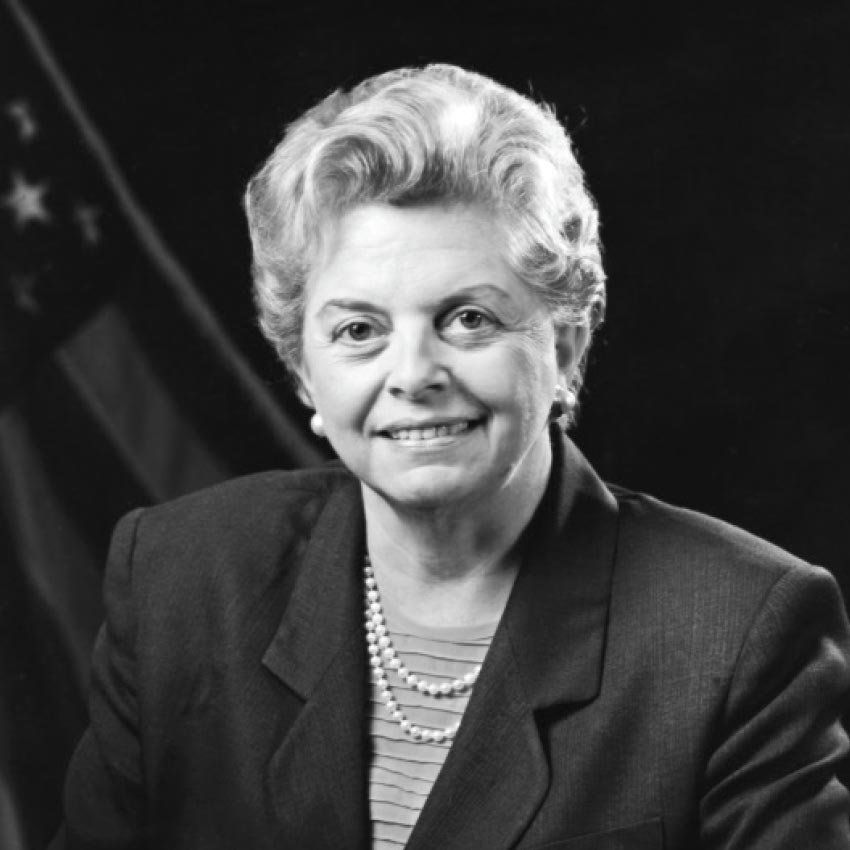
Shirley Chater, MS ’60, PhD, RN, former professor and vice chancellor of academic affairs
Commissioner, SSA, 1993-1997; Founding Chair, Executive Nurse Fellows Program, RWJF, 1998-2012
Oversaw SSA’s transition to an independent agency; responded to 1995 bombing of Oklahoma City federal building that killed 168 people, including 16 SSA employees.
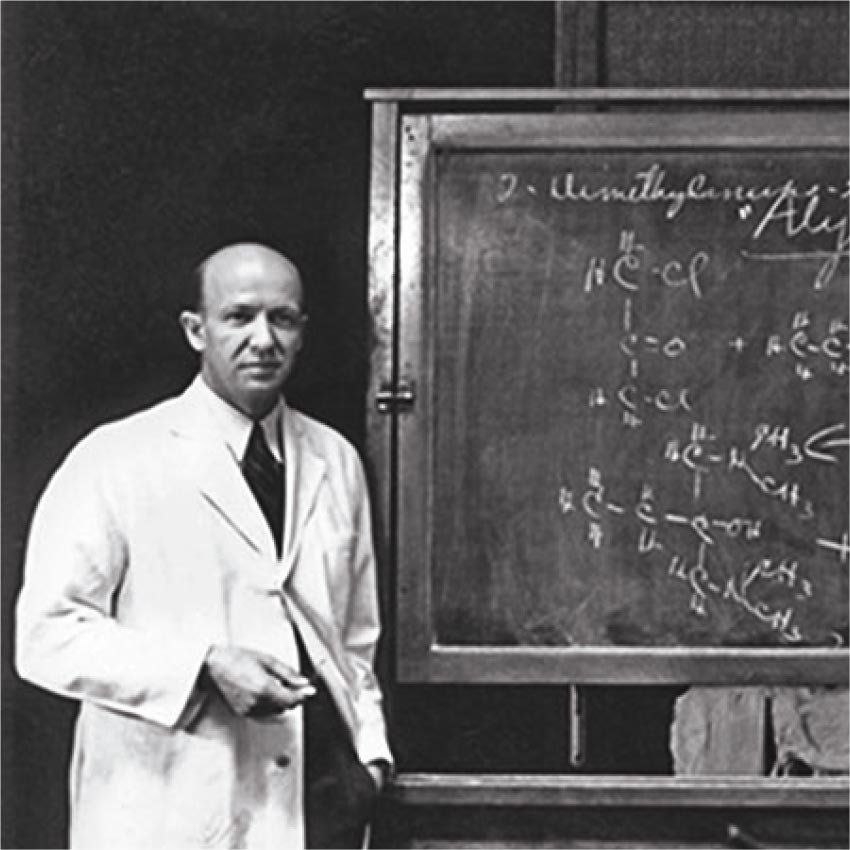
Troy Daniels, PhD, former School of Pharmacy Dean
Head, American Pharmaceutical Association Delegation to Japan, 1949
Led a post-WWII mission to help Japan rebuild its pharmaceutical education system.
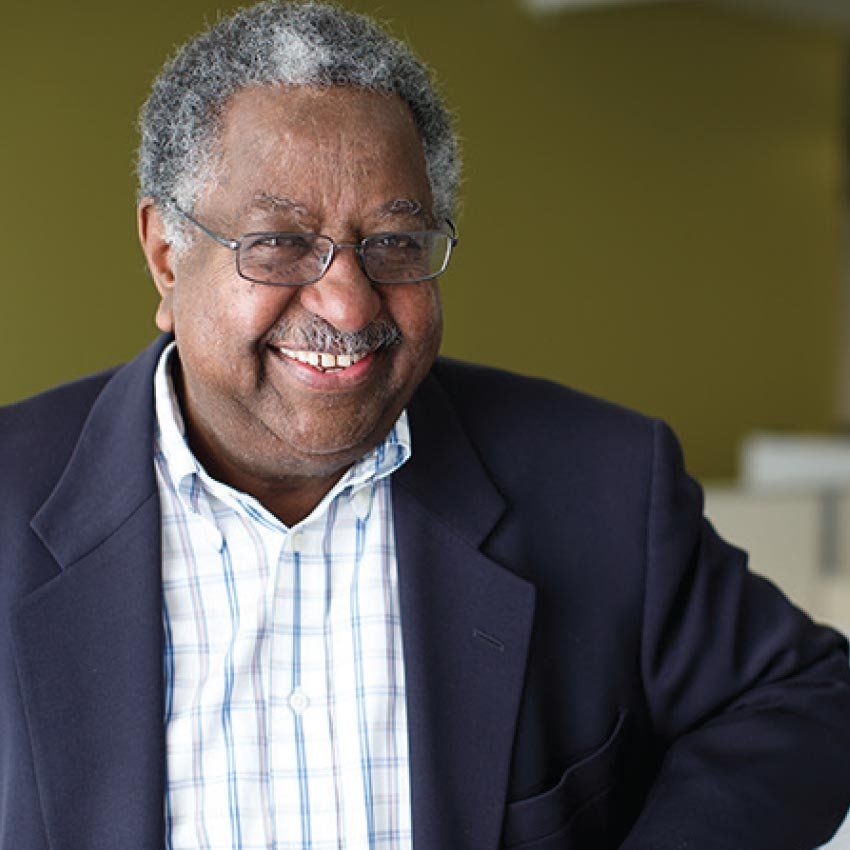
Haile Debas, MD, professor and chancellor emeritus
Member, UN Commission on HIV/AIDS and Governance in Africa; Member, National Academies’ Committee on Science, Engineering, and Public Policy; Chair, Membership Committee, IOM; Founding Board Chair, Consortium of Universities for Global Health
Helped craft major UN report on threat from HIV/AIDS to governance in Africa; shaped IOM work on global health, chronic and infectious diseases, and education.
Robert Derzon, former administrator, UCSF Medical Center
Founding Administrator, Health Care Financing Administration (now Centers for Medicare and Medicaid Services), 1977-1978
Oversaw merger of federal health insurance programs for elderly and poor, Medicare and Medicaid, into single agency.
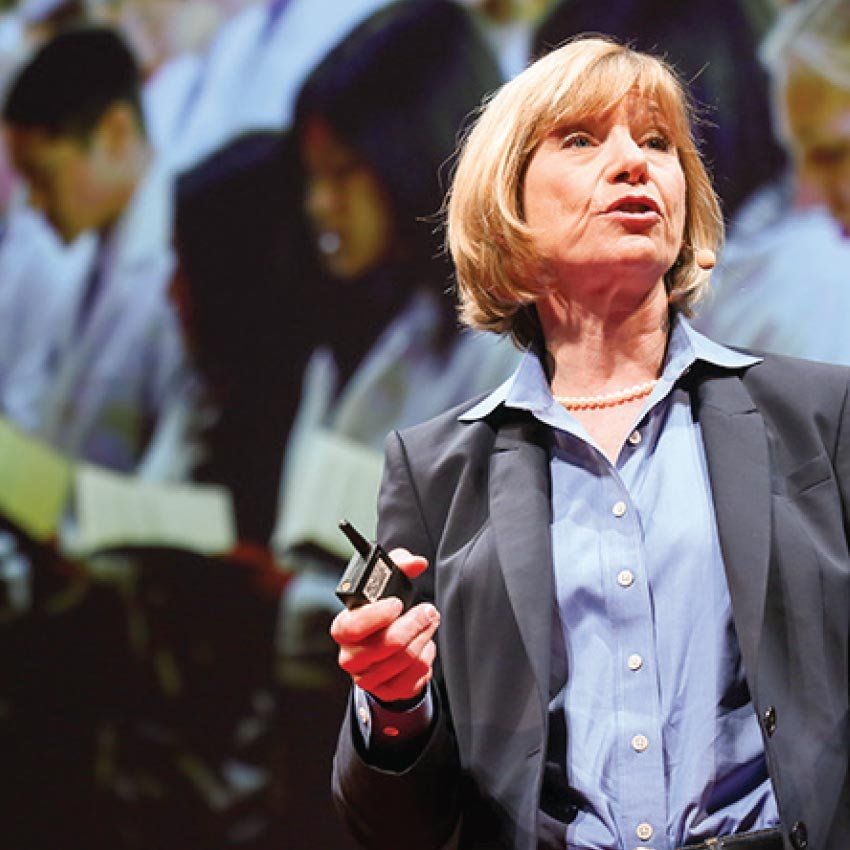
Susan Desmond-Hellmann, MD, MPH, resident alumna, professor, and former chancellor
CEO, Bill & Melinda Gates Foundation, 2014-Present; Trustee, HHMI, 2012-2014
Leads foundation’s efforts to address poverty and poor health in developing countries and to support educational innovation in the U.S.
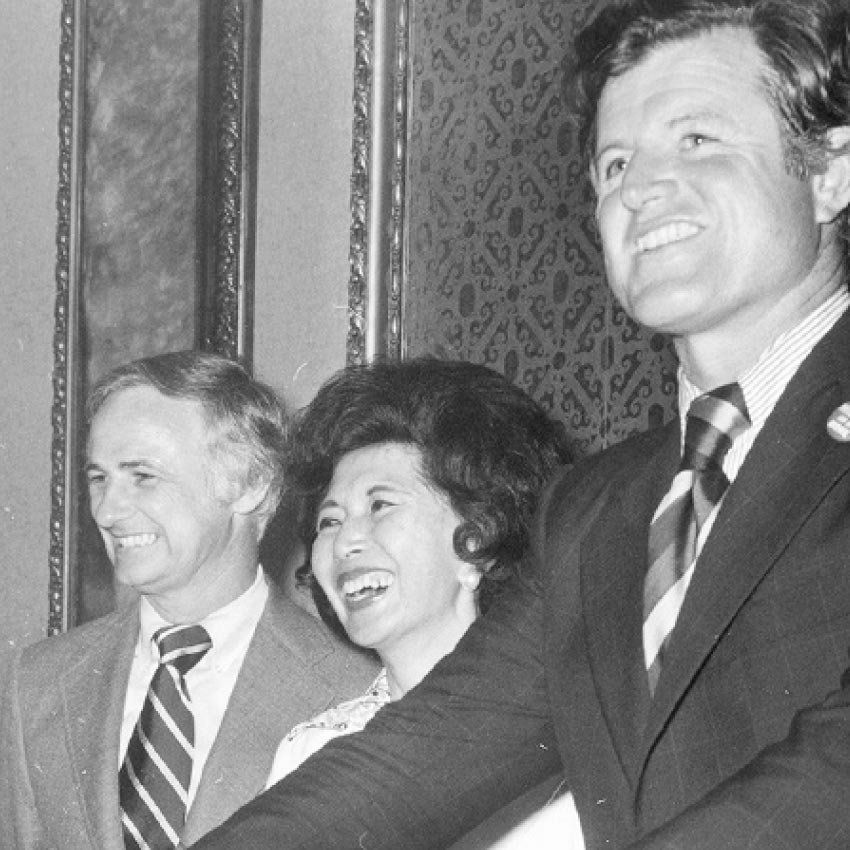
March Fong Eu, BS ’43
Secretary of State, California, 1975-1994
Implemented voter registration by mail, pioneered online reporting of election results, and expanded voter outreach efforts.
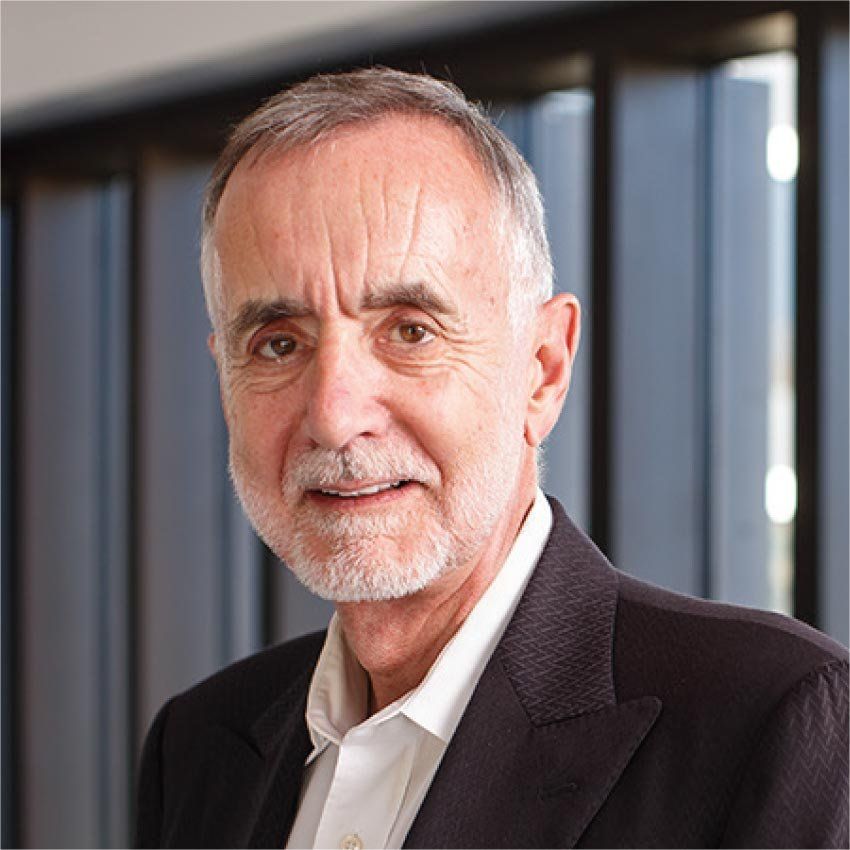
Sir Richard Feachem, DSc, PhD, professor and director, Global Health Group
Founding Executive Director, Global Fund to Fight AIDS, Tuberculosis and Malaria: and Undersecretary General, UN, 2002-2007
Oversaw Global Fund’s evolution into a public-private partnership that has saved millions of lives in developing countries, raising more than $10 billion to support 450 programs in 136 countries; knighted by Queen Elizabeth in 2007.
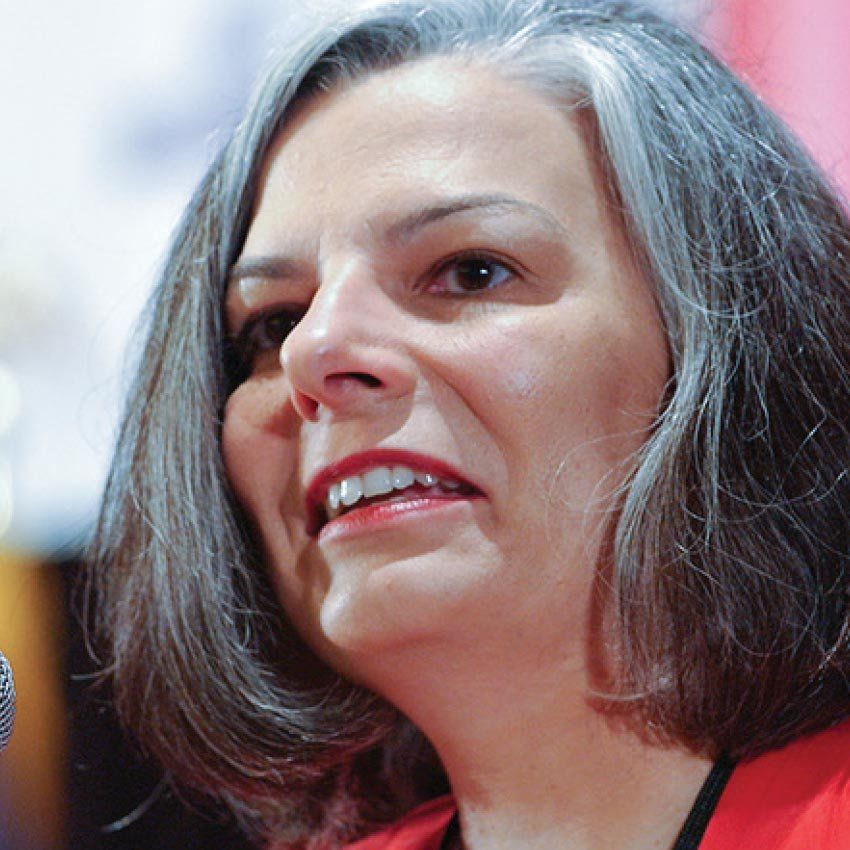
Julie Gerberding, MD, MPH, resident alumna
Director, CDC, 2002-2009
Led federal agency through emergency responses to dozens of public health crises, including anthrax bioterrorism, SARS, West Nile virus, food-borne disease outbreaks, and natural disasters.
William Gilbertson, PharmD ’65
Director, Division of Over-the-Counter Drug Evaluation, FDA, 1977-1994
Implemented review of all over-the-counter (OTC) drugs to assure that they were safe, effective, and labeled for their intended use; promoted consumer-friendly OTC labeling.
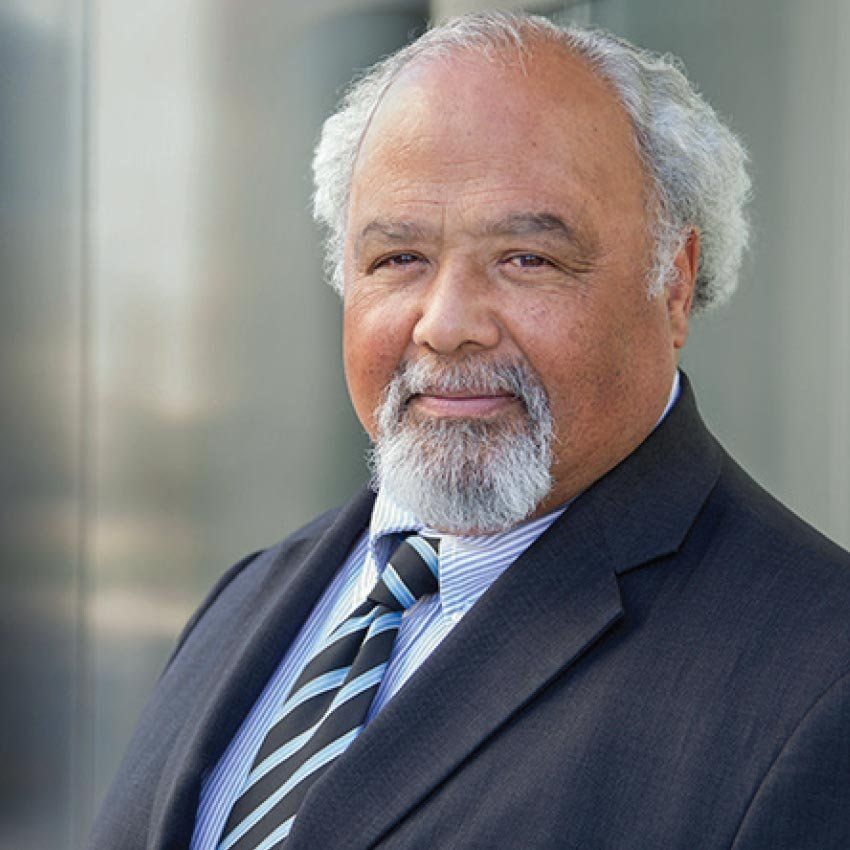
Eric Goosby, MD ’78, resident alumnus and professor
Ambassador-at-Large and U.S. Global AIDS Coordinator, 2009-2013; UN Special Envoy on Tuberculosis, 2015-Present
Oversaw dramatic increase in delivery of antiretroviral therapy to HIV-positive patients and sharp decline in infection rates among children; founded Office of Global Health Diplomacy in the U.S. Department of State.
Jere Goyan, PhD ’57, former School of Pharmacy dean
Commissioner, FDA, 1979-1981
First pharmacist to serve as FDA commissioner; championed patients’ right to be informed about prescription drugs.
John Greene, DMD, MPH, School of Dentistry dean emeritus
Deputy Surgeon General, USPHS, 1978-1981;
Chief Dental Officer, USPHS
First nonphysician to serve as deputy surgeon general; helped devise Oral Hygiene Index to quantify bacterial plaque on teeth; exposed health risks of smokeless tobacco use by professional baseball players and others.
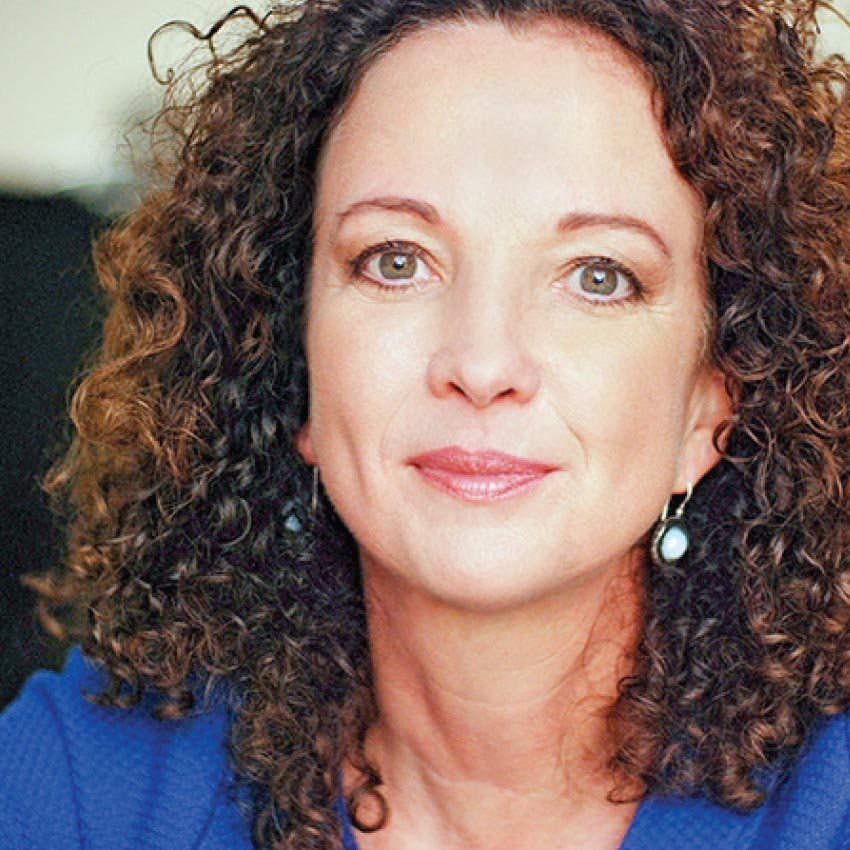
Victoria Hale, PhD ’90
Founder and CEO, OneWorld Health, 2000-2008; Founder, CEO, and Board Member, Medicines360, 2009-Present
At OneWorld, first nonprofit pharmaceutical company in the U.S., led development and delivery of drugs for impoverished patients; at Medicines360, addresses need for contraception and other unmet health challenges faced by women.
Zach Hall, PhD, professor and executive vice chancellor emeritus
Director, National Institute of Neurological Disorders and Stroke, NIH, 1994-1997
Oversaw 700 intramural scientists and administrators plus external grant recipients; presided over major reorganization of internal and external research programs; initiated project that led to discovery of first gene for Parkinson’s disease.
Sandra Hernández, MD, resident alumna
President and CEO, California HealthCare Foundation, 2014-Present; CEO, San Francisco Foundation, 1997-2013; Director, San Francisco Department of Public Health, 1994-1997
Has led efforts throughout her career to improve the health and overall welfare of Californians.
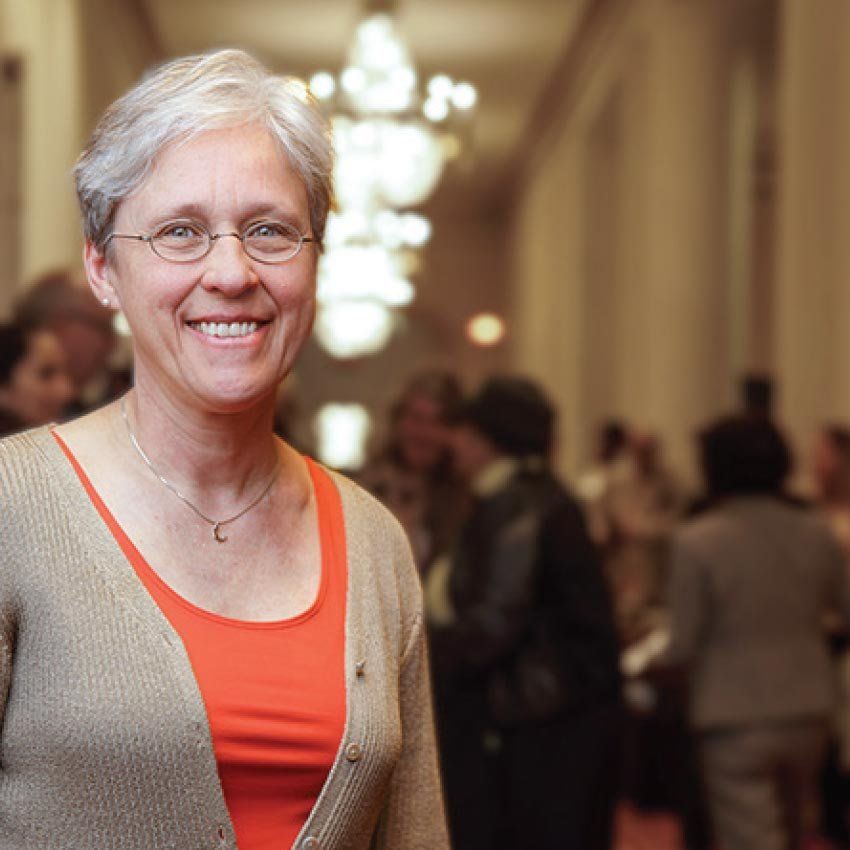
Ann Knebel, RN, PhD ’90
Deputy Director, National Institute of Nursing Research, NIH, 2012-Present; Former Deputy Director for Preparedness Planning, Office of the Assistant Secretary for Preparedness and Response (ASPR), HHS, 2002-2012
Champions research funding for nurse scientists; at ASPR, helped New York City develop bioterrorism plans and Greek government prepare for 2004 Olympics.
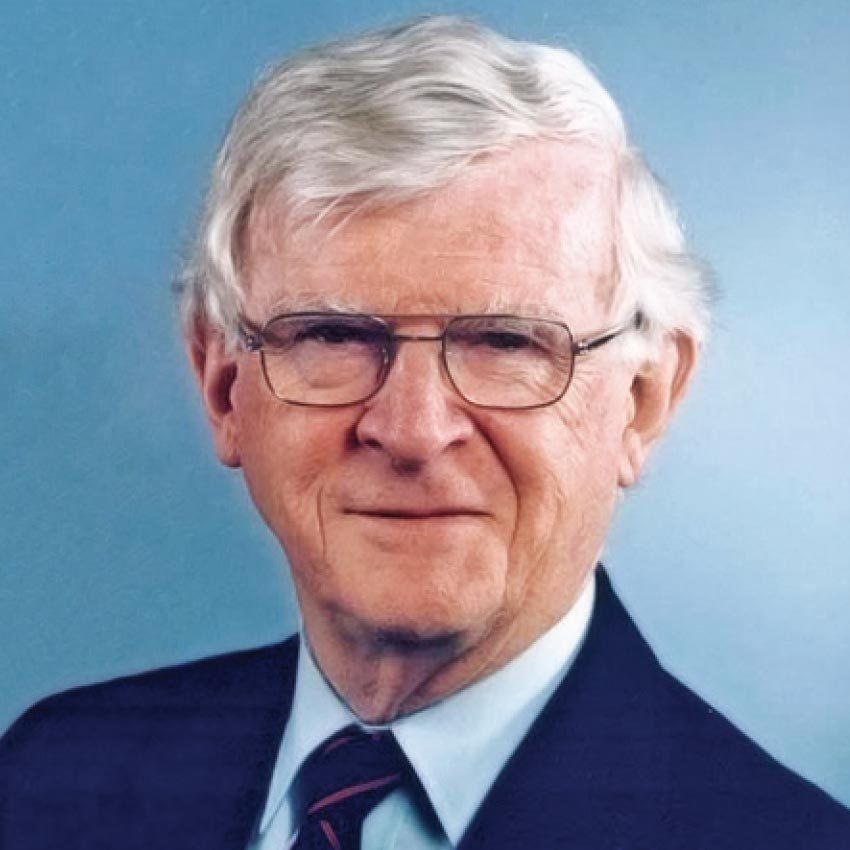
Philip Lee, MD, professor and chancellor emeritus
Assistant Secretary for Health, HHS, 1993-1997; Assistant Secretary for Health and Scientific Affairs, HEW, 1965-1969
Helped to implement Medicare; chaired a task force on prescription drugs; developed health workforce and family planning policies.
Erin O’Shea, PhD, postdoctoral alumna and former professor
Vice President and Chief Scientific Officer, HHMI, 2013-Present
Directs HHMI’s flagship Investigator Program, which funds more than 300 leading scientists nationwide, and Early Career Scientist Program.
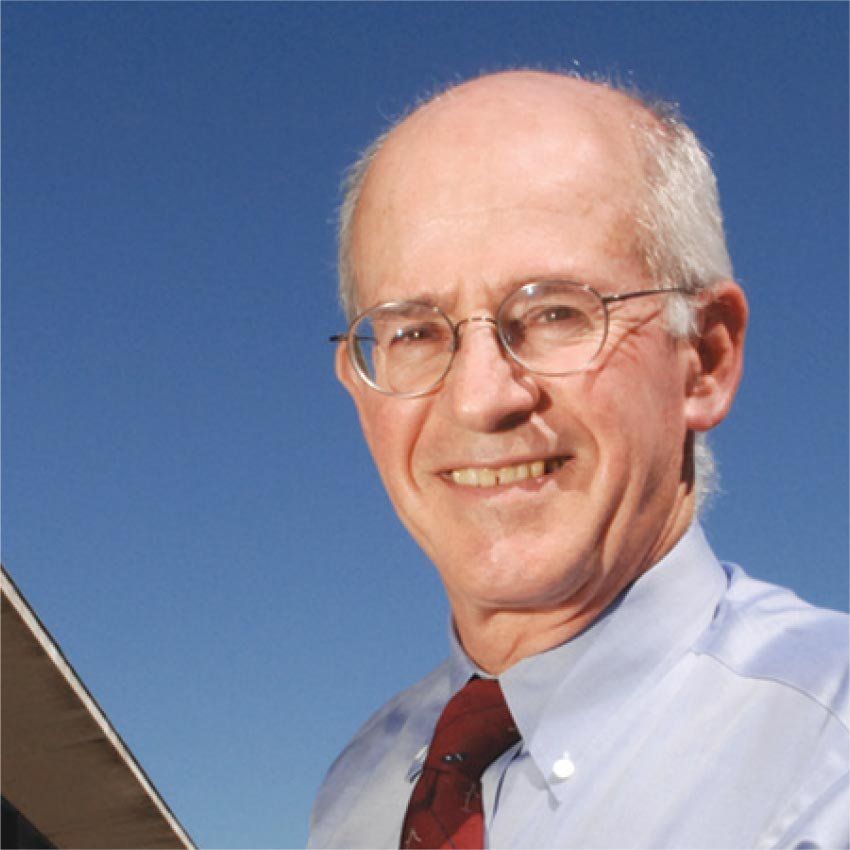
Steven Schroeder, MD, professor
President and CEO, RWJF, 1990-2002
Initiated and led programs to reduce smoking, enhance end-of-life care, expand health insurance for children, and encourage physical activity.
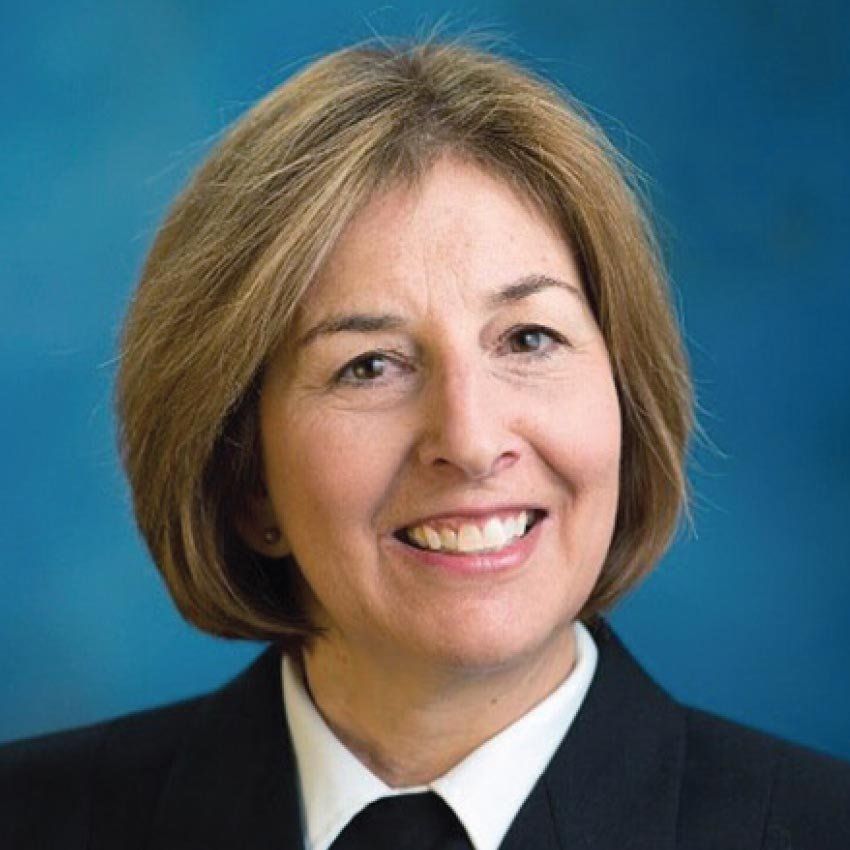
Pamela Schweitzer, PharmD ’87
Chief Pharmacy Officer and Assistant Surgeon General, USPHS, 2014-Present
In posts with Centers for Medicare and Medicaid Services, VA, and Indian Health Service, improved patients’ access to pharmacy resources, oversaw IT advances, implemented pharmacy-by-mail services.
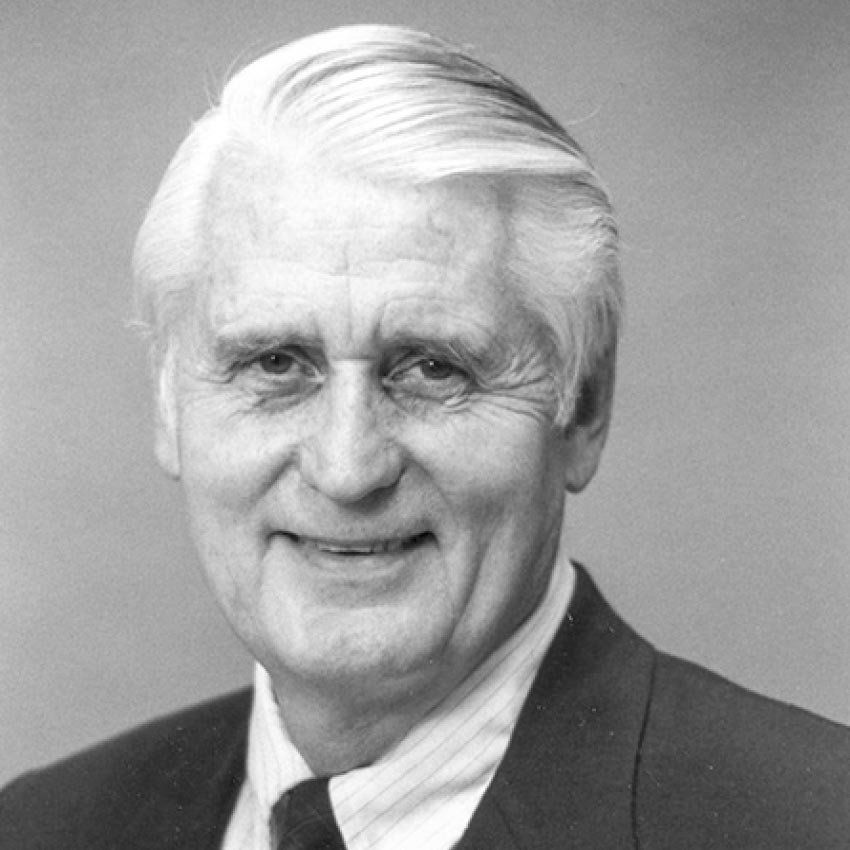
Lloyd “Holly” Smith Jr., MD, professor and associate dean emeritus
Member, President’s Science Advisory Committee, 1970-1973; Member, Medical Advisory Board, HHMI, 1974-1995 (Chair, 1986-1995)
Helped expand HHMI’s support for investigators as it became nation’s second-largest funder of basic biomedical research, behind the federal government.
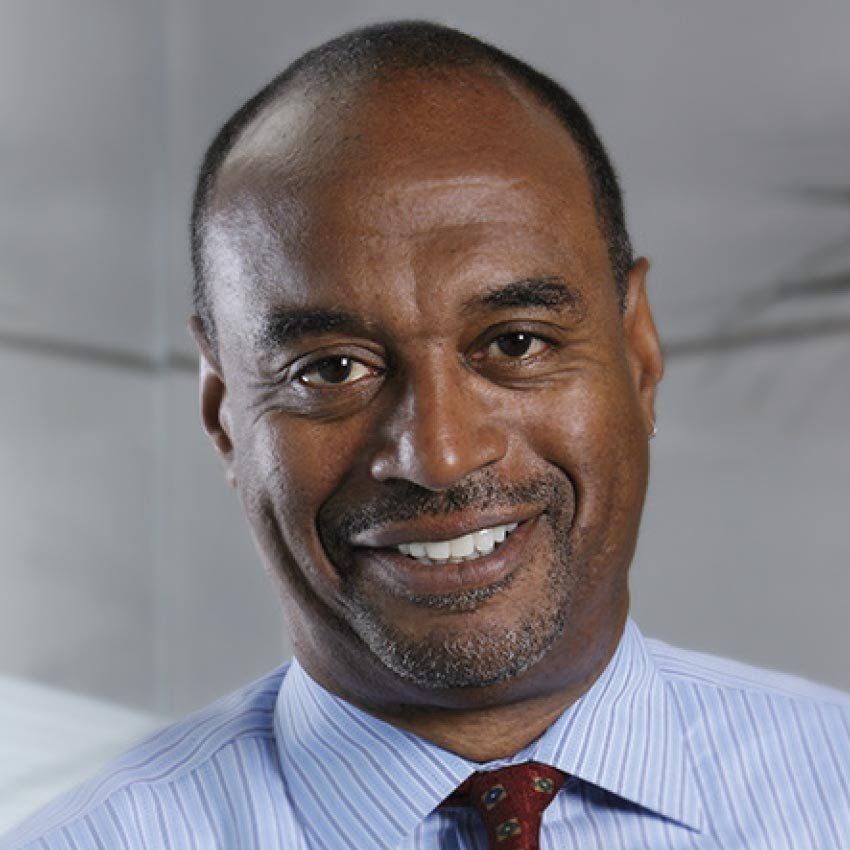
Mark Smith, MD, MBA, resident alumnus
Founding President and CEO, California HealthCare Foundation, 1996-2013; Board Member, Institute for Healthcare Improvement, 2013-Present
Fostered innovation in health care delivery; improved access for underserved Californians.
Matthew Spitzer, MD, resident alumnus
President, Board of Directors, Médecins Sans Frontières-USA, 2008-2012
Raised awareness about organization’s accountability, transparency, and neutrality in providing humanitarian medical care worldwide.
Harold Varmus, MD, postdoctoral alumnus and former professor
Director, NIH, 1993-1999; Director, National Cancer Institute, NIH, 2010-2015; Co-Chair, President’s Council of Advisors on Science and Technology, 2009-2010; Nobel Laureate, 1989
Fostered doubling of NIH budget over five years; helped launch free online archive of scientific papers (now PubMed Central); co-founded Public Library of Science (PLoS).
Ted Wong, DDS ’84
Chief, Army Dental Corps, 2010-2014
Led Army units ranging from dental commands to multistate health systems serving more than 500,000 beneficiaries; oversaw programs, policies, and personnel for the Army Dental Care System.
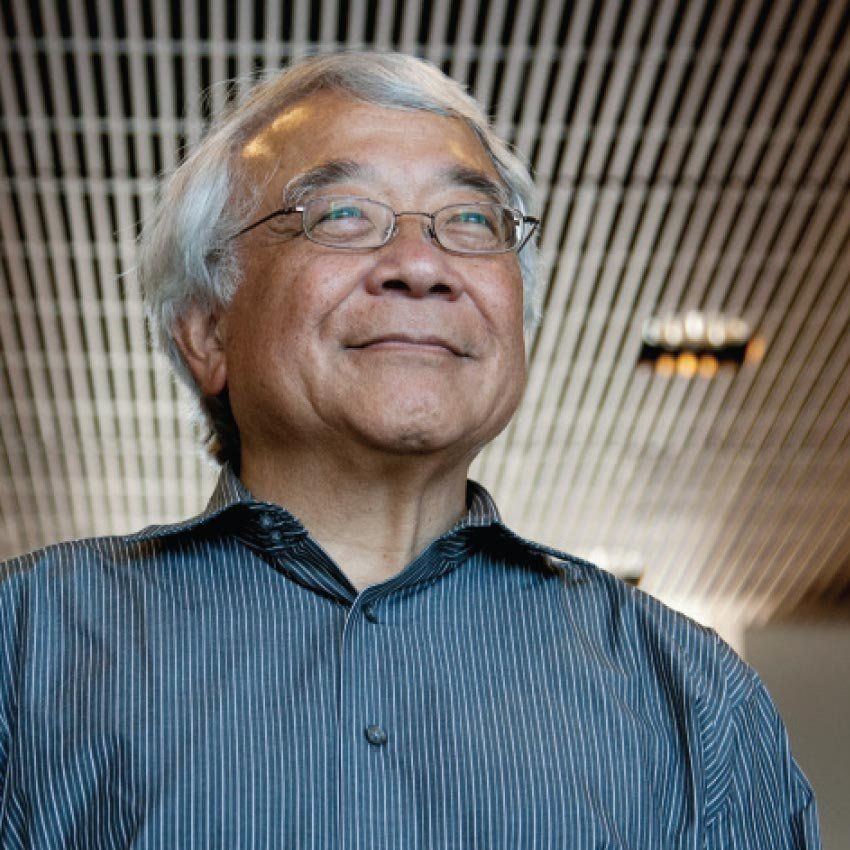
Keith Yamamoto, PhD, postdoctoral alumnus, professor, and vice chancellor
Member, Advisory Council to the Director, NIH, 2006-2010; Member, Coalition for the Life Sciences, 1995-Present (Chair, 2009-Present); Member, Board on Life Sciences, NAS, 2006-2012 (Chair, 2006-2012); Member, IOM Council, 2012-Present; Member, ResearchAmerica! Executive Committee, 2014-Present
Has helped shape national science policy, advance field of precision medicine, drive support for scientific innovation; spearheaded concept of NIH T-R01 grants for bold, risky research projects.
